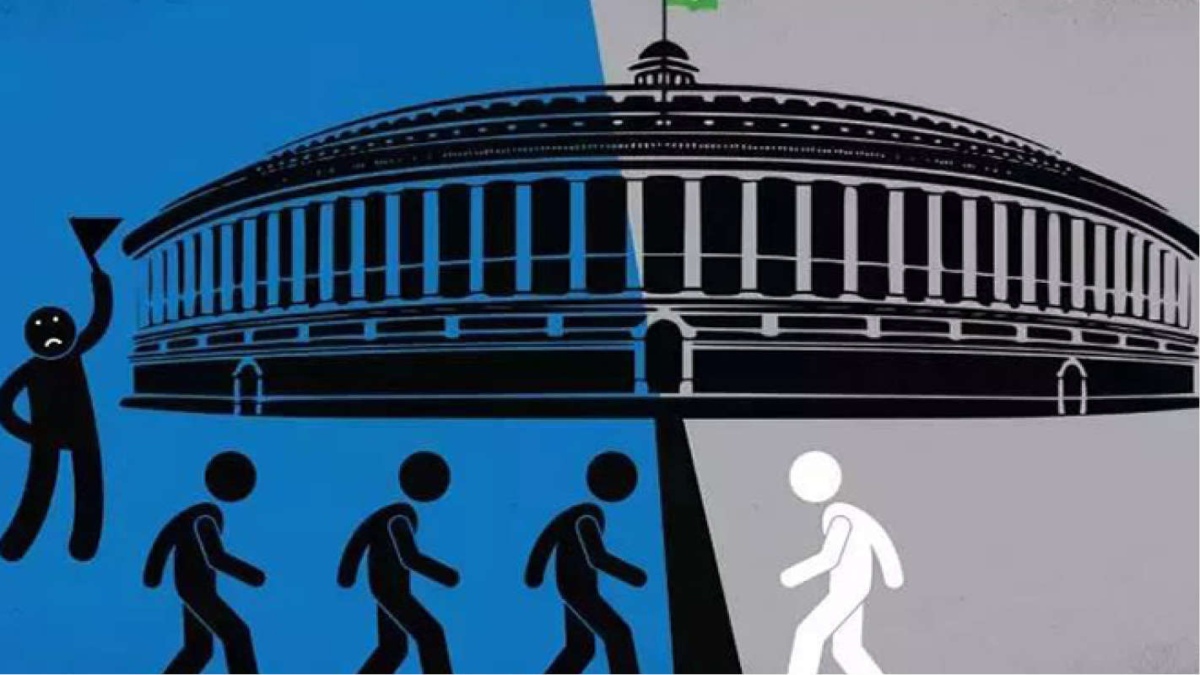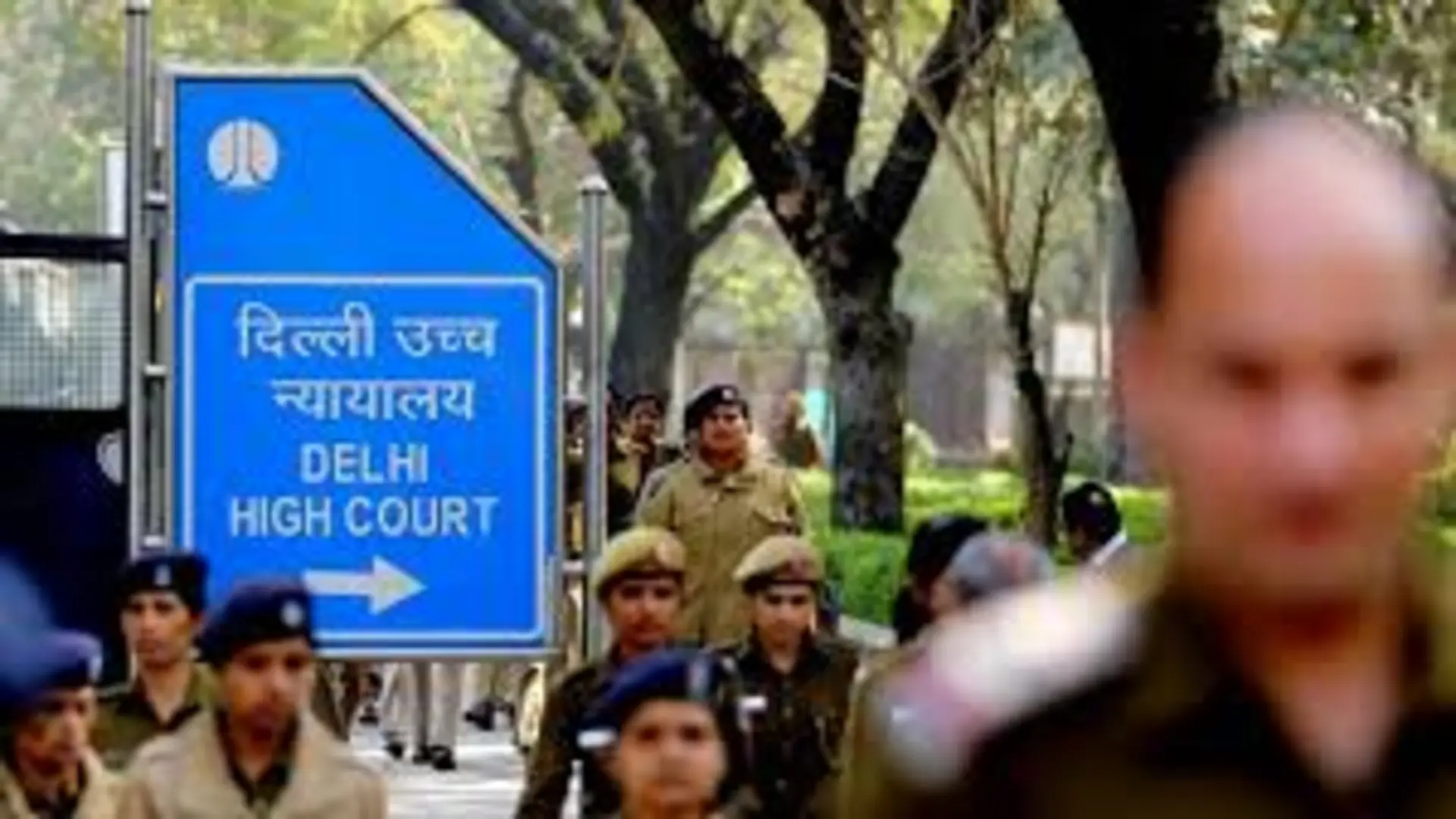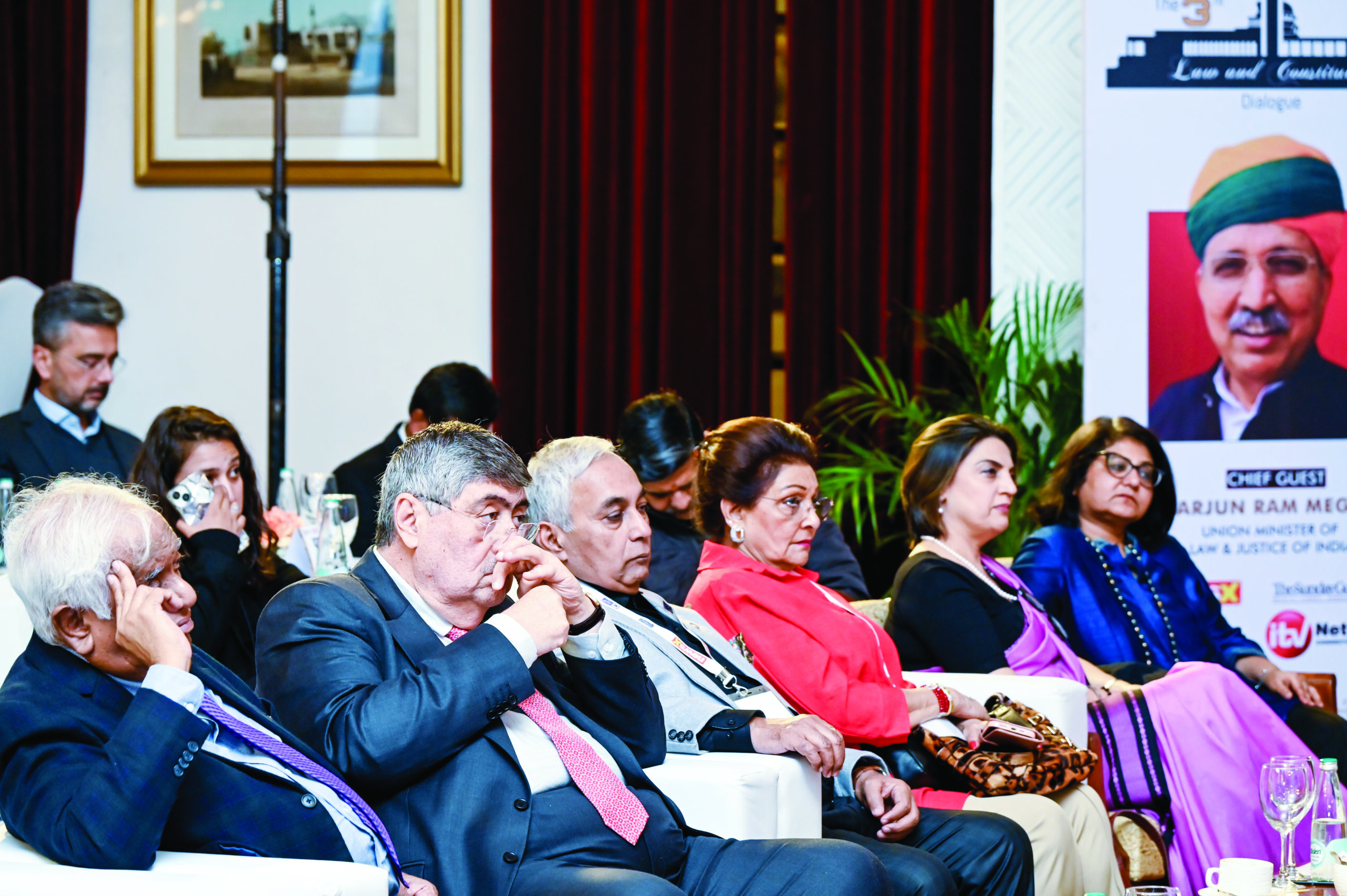INTRODUCTION
In democracy, election of representatives from constituencies is one of the most important processes, and so does presence of political parties. Various political parties set-up their candidates from different constituencies for elections of members to Lok Sabha/ Legislative Assembly. These candidates get elected mostly, rather than Independent candidates. However, party politics has been severely undermined by the politics of Aaya Rams and Gaya Rams. It has been time and again experienced that upon being elected to the legislature, lawmakers switch parties and cause political instability – often enticed by the rival party with plum public posts or by simply monetary benefits.
The most infamous example of defection was from Haryana where in 1967, one Gaya Lal switched parties three times within the same day.This is in no way less than a fraud with the electors, who elect representative for a period of 5 years and is also a fraud with the political party under whose symbol such candidate contested and got elected.Parliament though brought antidefection law and amended it also from time to time, but such legislators have made such laws redundant by their cunning methods.Our country is facing similar problem even today.
Recently while delivering the 3rd Atal Bihari Vajpayee Memorial Lecture Vice President M Venkaiah Naidu said that if loopholes in the anti-defection law are not plugged, “we will be making a mockery of democracy”. While stating that unless these undesirable trends are checked, the situation will further deteriorate and cause irreparable damage to the country’s polity, Venkaiah Naidu said that defection matters cannot remain undecided for long periods and it should be made mandatory for the presiding officers to dispose defection matters within 3 months.
The high drama in Rajasthan, and earlier, in Madhya Pradesh, has yet again exposed the gross inadequacy of the anti-defection law. The precise grounds for disqualification of a legislator under the Tenth Schedule of the Constitution are: (a) if he/ she has voluntarily given up her membership of such political party, or, (b) if he/she votes or abstains from voting in the House, contrary to the direction or the whip, issued by the political party of which she is a member. However, in case of merger of not less than two-thirds of the members of the legislature party with another party, the defection law will not apply. These loopholes have to be filled by the parliament as they allow large mergers to take place and do not cover it in the ambit of Anti defection law.
Thus, this article aims to critically examine the Tenth Schedule and to carry out a comparative analysis of the American and English parliamentary principles on defections.
THE CURTAILMENT OF DISSENT
Tenth Schedule was inserted in the Constitution of Indiain 1985 to disqualify those defectors who used to change parties and join the opposition in the Parliament. Usually this was done to topple the government and create a new government. When this practice became very frequent the Parliament passed Anti defection laws and the same was inserted in the Tenth Schedule. This schedule was thus created to uphold peoples mandate and endorse the democratic values embodied in the Constitution. Unexpectedly this schedule has been used by political parties to curb right to expression ofindividual legislators against the parties’ higher authorities.
An individual legislatorcannot vote against the wishes of the party whip due to the constitutional provisions given in Paragraph 2(1)(b) of Tenth Schedule which disqualify him if he does so. Their opinion is of no importance because they have to obey the instructions of the party. Therefore, the tenth schedule is only a way by which a party can function in an autocratic manner and no freedom of speech and expression are given to the legislators. The concept of Whip which originated from the British Parliament has ensured that no legislator abstains from voting or votes against the parties’ decision.
Even if the member sees merit in a contrary opinion, this provisionrestricts individual decision- making and mandates a faithful adherence to thedirections of the party whip. By curtailing a parliamentarian’s discretion in voting, this provision has effectively mitigated the need for debate in Parliament.An obvious corollary of encumbered voting is that the law has negatived anyscope for expressing dissent in the House. If a legislator cannot decide what is good for his constituency, country and people than what is the meaning of democratic parliamentary form of government.
Low attendance has been seen in the Parliament when debates take place. Individual Parliamentarians have not taken interest in debating laws out. The Parliament is responsible for passing bills which become law and govern the whole country. The more Parliamentarians participate in these debates the more ideas and criticism come out. When more people will apply their mind on the same thing there is a possibility of less loopholes in those laws. One of the major reasons for low attendance in the Parliament has been attributed to the Anti defection laws.
When the members have to vote on the party lines than they have very less incentive to participate in these debates. Many parliamentarians at the time of passing of Women Reservation Bill, 2010 had voted in favor of the bill despite they were in opposition to the bill because of the whip. The provisions of Anti defection laws have led to conversion of votes of many legislators into one party vote which has done more harm than good. Dissent has not been taken in the right spirit in the parliamentary politics and is only seen as a mark of protest against the party which weakens the party.
JUDICIARY’S RESPONSE
The Tenth Schedule has been in question several times since it was inserted. Majority political mishaps which happen go to the courts for interpretation of provisions of the Tenth Schedule. All provisions have at least once been challenged in the court of law on the ground that they are unconstitutional or violative of the basic structure doctrine. So, there is a need to discuss what has been Courts stance on this law.In a very recent and prominent case of Keisham Meghachandra Singh v. The Hon’ble Speaker Manipur,the apex court suggested some changes to the anti- defection laws.
The issue in this case was that the speaker belonged to the party who had majority in the house and had to make a decision on the legislators who had defected from the party. So, the defectors alleged that the speaker was biased in decision making. This issue was discussed in the present case where the Hon’ble Supreme Court said: “It is time that Parliament have a rethink on whether disqualification petitions ought to be entrusted to a Speaker as a quasi-judicial authority when such Speaker continues to belong to a particular political party either de jure or de facto. Parliament may seriously consider amending the Constitution to substitute the Speaker of the Lok Sabha and Legislative Assemblies as arbiter of disputes concerning disqualification which arise under the Tenth Schedule.The issue of Constitutional functionaries breaking uncodified Constitutional conventions and acting on partisan lines falls beyond the line of unconstitutionality but falls short of fulfilling constitutional morality.”
Another issue at hand in Keisham Meghachandra Singhcase was that the judicial review cannot be available at a stage prior to the making of a decision by the Speaker/Chairman. On this the bench observed: “Nor would interference be permissible at an interlocutory stage of the proceedings. Exception will, however, have to be made in respect of cases where disqualification or suspension is imposed during the pendency of the proceedings and such disqualification or suspension is likely to have grave, immediate and irreversible repercussions and consequence.”
THE APEX COURT FURTHER OPINED
“Parliament may seriously consider amending the Constitution to substitute the Speaker… as arbiter of disputes concerning disqualification … with a permanent Tribunal headed by a retired SC Judge or a retired Chief Justice of a High Court, or some other outside independent mechanism…” The SC in another recent landmark judgement of ShrimanthBalasaheb Patil v Hon’ble Speaker, Karnataka Legislative Assembly and othersobserved: “Neither under the Constitution nor under the statutory scheme it is contemplated that disqualification under the Tenth Schedule would operate as a bar for contesting re-elections,”
“In the light of the existing constitutional mandate, the Speaker is not empowered to disqualify any member till the end of the term. However, a member disqualified under the Tenth Schedule shall be subjected to sanctions provided under Articles 75(1B), 164(1B) and 361B of Constitution, which provides for a bar from being appointed as a Minister or from holding any remunerative political post from the date of disqualification till the date on which the term of his office would expire or if he is re-elected to the legislature, whichever is earlier,” the court held.
LESSONS FROM ABROAD: UNITED STATES AND UNITED KINGDOM
A. United States and The First Amendment.
In US a legislator can vote according to his whims and fancies there is no pressure from the party to vote on the party lines. In this perspective they are more liberal toward their legislators and entail no disqualification to legislators who dissent on certain issues. Proponents of theanti- defection model should note that not only has the US experienced defections,but also, operated without an anti-defection legislation. US follows a different parliamentary model than that of India’s i.e., they have presidential form of government but they still have two houses which vote on bills similar to that of Indian houses.
Though, there are no laws governing defection in US but party discipline still remains a very important aspect in the politics of US. All the party members should come to an agreement when laws are discussed in houses and therefore show party cohesion. The self-discipline principle is followed in parties which is not binding by law but is still there. The discussion takes place on a law internally in the parties to which when the law is to put to vote it is seen that all the legislators vote according to parties’ higher authorities and vote in cohesion on a bill.
If the legislators do not vote according to party they are sanctioned internally and no action is taken against them by any law which is there in the Constitution. Many a times these sanctions have been challenged in the court of law and there are many landmark cases on these sanctions imposed. The sanction which are imposed include taking away an important position of a legislator in the party or its committees in present or in future. Also, removal of legislators from parliamentary committees or from party caucus in present or in future.
The arguments which have been raised against these sanctions are that they violate the Right to freedom of speech and expression which is guaranteed by the First Amendment to the US constitution. Even though the defection process is governed internally in theUS, while it is dealt with by the Parliament in India, the latter must take lessonsfrom the limited extent of sanctions that can be imposed by a political partyupon the member. The imposition of sanctions can be watered down in India toonly allow expulsion of a defecting member from his party without costing himhis seat in the Parliament.
B. UNITED KINGDOM: DISSENT MAKES NO DIFFERENCE
Like the Indian Constitution which guarantees Right to freedom of speech and expression to the legislators in the Indian Parliament under Article 105 of the Indian Constitution in the same manner right to freedom of speech in the BritishParliament is guaranteed under Art. 9 of theEnglish Bill of Rights, 1869. There are no separate laws for Anti Defection which govern the British Parliament like the US. All the issues which arise on voting of bills are soughted out internally among the party members like in US.
The UK perspective serves as an important example to assuagefears of allowing dissent in Parliament. This is reflected in emperical research that seeks to throw light on the reasons why parliamentarians dissent from officialparty view while voting. It is widely understood that a member of theHouse functions in order to further his career. This would entail being in thegood books of not just the party but also the constituency. A member whotends to dissent from every position that his party takes up is unlikely to be seenas a reliable candidate by the electorate. The same implication is prevalent incase the member dissents on a matter of importance to the government.
Thus,the practice of conscientious dissent is one that would be exercised rarely, in cases where a member cannot but vote according the call of his conscience.
An analysis of the cases of dissent during voting on the NolanCommittee Recommendations in the House of Commons reveals that dissent ismore often restricted to long-serving backbenchers, members looking to retire at the end of the session and those who have conflicts with the interests of theconstituencies. India must, therefore, not adopt a kneejerk reaction to anyform of dissent in Parliament. The ‘representative’s judgment’ is a principlethat should be extended to parliamentary practice in India in order to maintaina balance between meeting the interests of the political party on the one hand,and the constituency on the other.
CONCLUSION
The current situation, as observed in the case of Karnataka, Madhya Pradesh and Rajasthan, tells us a tale of how parties have circumvented the anti-defection law to put the ruling party in an unfair position. The duly elected governments in the respective states were subjected to a vote of confidence which they were destined to lose, due to the prior resignations in strategic numbers enticed by personal considerations. Recently, it is being seen that the same strategy is being used to give advantage to the parties in getting more members of Parliament elected to Rajya Sabha (Council of States).
It is interesting to note that such MLAs who resign have contested Bye-Elections on the ticket of the party which benefits from the resignation from their earlier affiliation. In fact, a lot of such resigning MLAs are awarded requisite ministries in the newly formed government, sometimes immediately and sometimes if they successfully win the bye-election as its candidate. Such practices have made resignation a powerful tool for elected legislators to negotiate quid-pro-quo deals within their party and if the need be, with the party in opposition which is already hungry for power.
Such practices can set up a trend which may prove to be fatal to the concept of federalism in this country wherein an all-powerful Central Government can deploy its resources to help their party in the States where other parties have formed the Governments by orchestrating a similar fall. All political parties should put an end to “politics of convenience” and practice the “politics of conviction” and “politics of consensus”. In suggesting the watering down of the present formulation ofdefection law in India, this paper maintains a balance between the intendedfreedom to vote and dissent, and the associational rights vested in political parties.Any restriction on voting in Schedule X must be done away with, in theinterests of greater and livelier debate in the House, which could lead to betterformulated legislations. At the same time, it must be remembered that ScheduleX serves to protect the sanctity of a political formation as well as the life of agovernment.
WAY FORWARD
To remedy the situation the author suggests that if a duly elected government comes in minority, upon vacancy of seats due to resignations or death of MLAs then also such Government shall be permitted to continue until the by-elections are completed upon such seats. In other words, the party on whose ticket such resignee/ dead MLA won the election should have a claim over such seat. This can be achieved in the following manner:
• The house strength and majority mark must be deemed to be unchanged i.e., not reduced by the number of vacancies, till the results of bye-elections to such vacant seats are declared.
• The vacant seat must be counted as notional seat of the party on whose ticket such resignee/dead MLA won the election, till the results of bye-elections to such vacant seats are declared.
• The Election to the Council of State (Rajya Sabha) be deferred, till the results of bye-elections to such vacant seats are declared, if the strategic number of vacant seats has bearing on the result of election to the Council of States.
This will ensure that no opposition party will gain any advantage from inducing such strategic resignations, in forming the Government or taking undue advantage in election like Member of Council of State (Rajya Sabha) but at the same time, the legitimate chance of opposition party to form the Government will not be hampered but only delayed by 6 months. It will also reinforce the true spirit of a democracy that ultimately it is the people who will decide the fate of any Government in bye-elections.
If the resignee MLA actually won the preceding elections on his independent merit, he will have a fair shot of getting re-elected in the by-elections either independently or on the ticket of different party. Similarly, if the opposition party manages to win the bye-elections with numbers adequate to establish majority, they will get their due shot at forming the government in accordance with the public mandate. We urge Parliament and the polity of our country to consider, debate and bring an amendment to give effect to these proposed changes in law, as it will also ensure that the strategic resignations of today do not turn into mysterious abductions or deaths of tomorrow.
Additionally, Indian parliamentary practice must adopt the learning from the US and British practices in order to perform its mandate to the fullest. If this cause is taken up, perhaps then, a harmonious atmosphere for parliamentary democracy, which is not beset with the rigours of paragraph 2(1)(b), can be fostered. In a time when poor work ethics and commitment in the legislature has become the norm, the time has never been more ripe for an exceptional measure.













